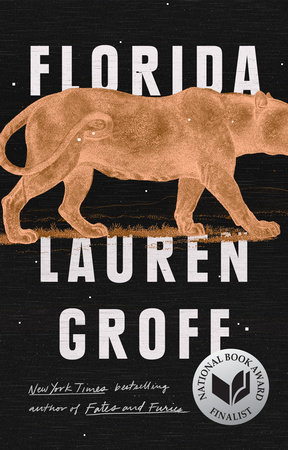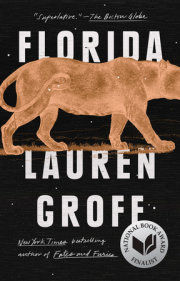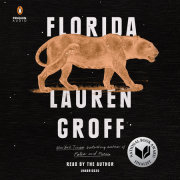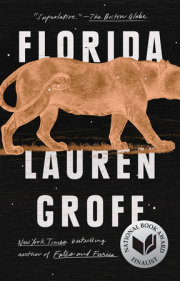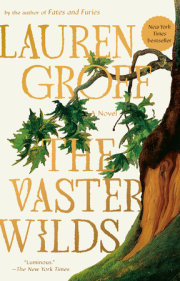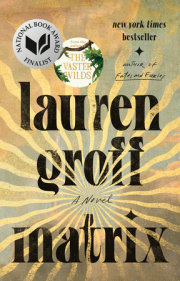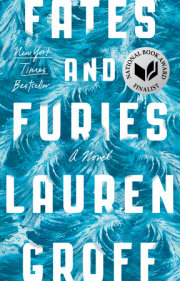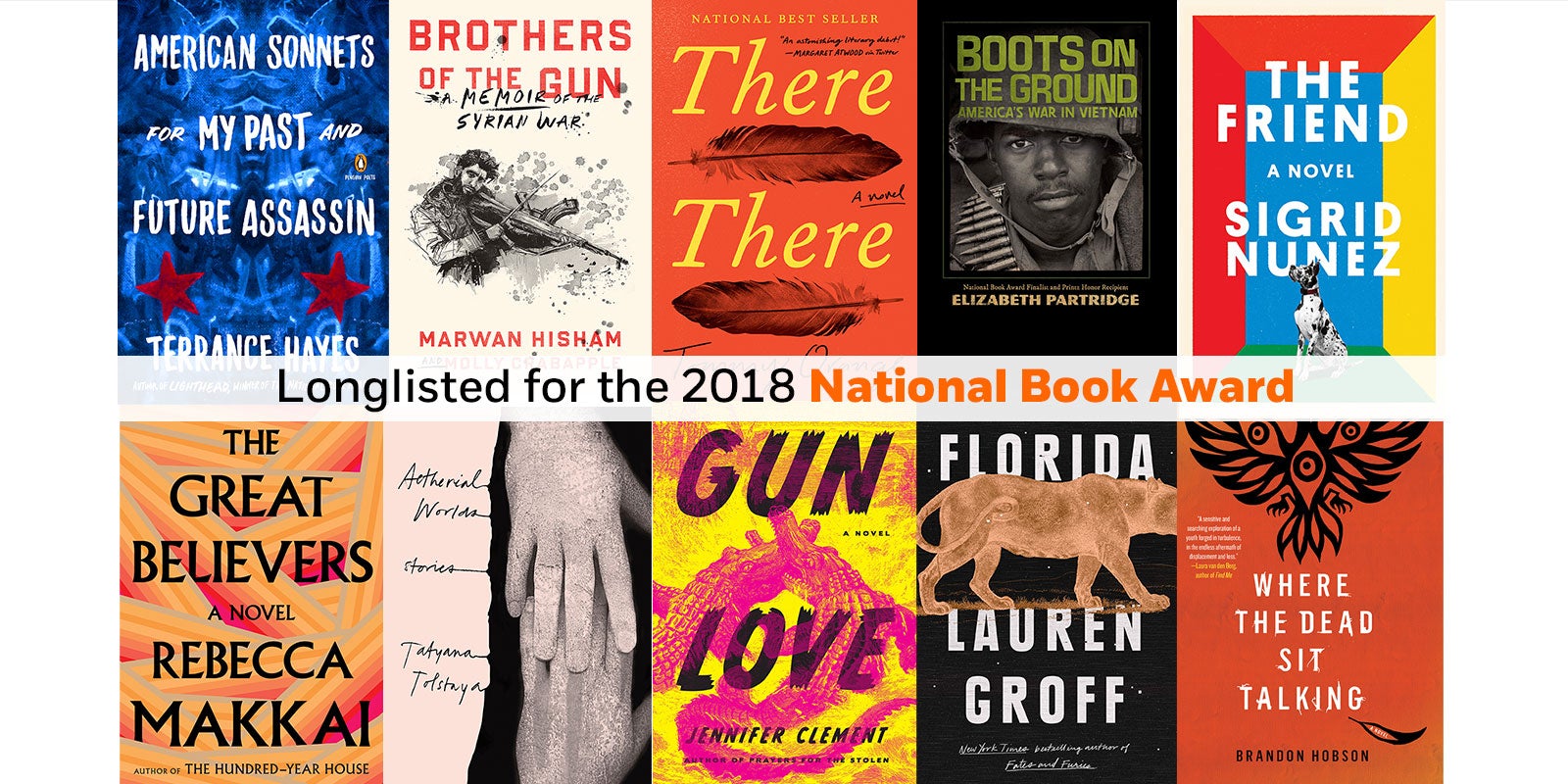Ghosts and Empties
I have somehow become a woman who yells, and because I do not want to be a woman who yells, whose little children walk around with frozen, watchful faces, I have taken to lacing on my running shoes after dinner and going out into the twilit streets for a walk, leaving the undressing and sluicing and reading and singing and tucking in of the boys to my husband, a man who does not yell.
The neighborhood goes dark as I walk, and a second neighborhood unrolls atop the daytime one. We have few streetlights, and those I pass under make my shadow frolic; it lags behind me, gallops to my feet, gambols on ahead. The only other illumination is from the windows in the houses I pass and the moon that orders me to look up, look up! Feral cats dart underfoot, bird-of-paradise flowers poke out of the shadows, smells are exhaled into the air: oak dust, slime mold, camphor.
Northern Florida is cold in January and I walk fast for warmth but also because, though the neighborhood is antique-huge Victorian houses radiating outward into 1920s bungalows, then mid-century modern ranches at the edges-it's imperfectly safe. There was a rape a month ago, a jogger in her fifties pulled into the azaleas; and, a week ago, a pack of loose pit bulls ran down a mother with a baby in her stroller and mauled both, though not to death. It's not the dogs' fault, it's the owners' fault! dog lovers shouted on the neighborhood email list, but those dogs were sociopaths. When the suburbs were built, in the seventies, the historic houses in the center of town were abandoned to graduate students who heated beans over Bunsen burners on the heart-pine floors and sliced apartments out of ballrooms. When neglect and humidity caused the houses to rot and droop and develop rusty scales, there was a second abandonment, to poor people, squatters. We moved here ten years ago because our house was cheap and had virgin-lumber bones, and because I decided that if I had to live in the South, with its boiled peanuts and its Spanish moss dangling like armpit hair, at least I wouldn't barricade myself with my whiteness in a gated community. Isn't it . . . dicey? people our parents' age would say, grimacing, when we told them where we lived, and it took all my willpower not to say, Do you mean black, or just poor? Because it was both.
White middle-classness has since infected the neighborhood, though, and now everything is frenzied with renovation. In the past few years, the black people have mostly withdrawn. The homeless stayed for a while, because our neighborhood abuts Bo Diddley Plaza, where, until recently, churches handed out food and God, and where Occupy rolled in like a tide and claimed the right to sleep there, then grew tired of being dirty and rolled out, leaving behind a human flotsam of the homeless in sleeping bags. During our first months in the house, we hosted a homeless couple we only ever saw slinking off in the dawn: at dusk, they would silently lift off the latticework to the crawl space under our house and then sleep there, their roof our bedroom floor, and when we got up in the middle of the night, we tried to walk softly because it felt rude to step inches above the face of a dreaming person.
On my nighttime walks, the neighbors' lives reveal themselves, the lit windows domestic aquariums. At times, I'm the silent witness to fights that look like slow-dancing without music. It is astonishing how people live, the messes they sustain, the delicious whiffs of cooking that carry to the street, the holiday decorations that slowly seep into daily decor. All January, I watched a Christmas bouquet of roses on one mantel diminish until the flowers were a blighted shrivel and the water green scum, a huge Santa on a stick still beaming merrily out of the ruins. Window after window nears, freezes with its blue fog of television light or its couple hunched over a supper of pizza, holds as I pass, then slides into the forgotten. I think of the way water gathers as it slips down an icicle's length, pauses to build its glossy drop, becomes too fat to hang on, plummets down.
There is one mostly windowless place in the neighborhood that I love nevertheless, because it houses nuns. There used to be six nuns there, but attrition happened, as it does with very old ladies, and now there are only three kindly sisters squeaking around that immense space in their sensible shoes. A realtor friend told us that when it was built in the 1950s, a bomb shelter was lowered into the porous limestone of the backyard, and during sleepless nights, when my body is in bed but my brain is still out walking in the dark, I like to imagine the nuns in full regalia in their shelter, singing hymns and spinning on a stationary bike to keep the lightbulb sputtering on, while, aboveground, all has been blasted black, and rusted hinges rasp the wind.
Because the nights are so cold, I share the streets with few people. ThereÕs a young couple who jog at a pace slightly slower than my fast walk. I follow them, listening to their patter of wedding plans and fights with friends. Once I forgot myself and laughed at something they said and their faces owled, unnerved, back at me, then they trotted faster and took the first turn they found and I let them disappear into the black.
There's an elegant, tall woman who walks a Great Dane the color of dryer lint; I am afraid that the woman is unwell because she walks rigidly, her face pulsing as if intermittently electrified by pain. I sometimes imagine how, should I barrel around a corner to find her slumped on the ground, I would drape her over her dog, smack his withers, and watch as he, with his great dignity, carried her home.
There is a boy of fifteen or so, tremendously fat, whose shirt is always off and who is always on the treadmill on his glassed-in porch. No matter how many times I find myself striding past his window, there he is, his footsteps pounding so hard I can hear them from two blocks away. Because all the lights are on inside the house, to him there is nothing beyond the black in the window, and I wonder if he watches his reflection the way I watch him, if he sees how with each step his stomach ripples as if it were a pond into which someone had tossed a fist-sized stone.
There's the shy muttering homeless lady, a collector of cans, who hoists her clanging bags on the back of her bicycle and uses the old concrete blocks in front of the grander houses to mount her ride; the waft of her makes me think of the wealthy southern dames in dark silk who once used those blocks to climb into their carriages, emitting a similarly intimate feminine stink. Hygiene may have changed with time, but human bodies have not.
There's the man who hisses nasties as he stands under the light outside a bodega with bars over its windows. I put on my don't-fuck-with-me face, and he has yet to do more than hiss, but there is a part of me that is more than ready, that wants to use what's building up.
Sometimes I think I see the stealthy couple who lived under our house, the particular angle of his solicitousness, his hand on her back, but when I come closer it is only a papaya tree bent over a rain barrel or two boys smoking in the bushes, turning wary as I pass.
And then there's the therapist who every night sits at his desk in the study of his Victorian, which looks like a rotting galleon. One of his patients caught the therapist in bed with the patient's own wife; the patient kept a loaded shotgun in his car. The wife died in coitus and the therapist survived with a bullet still in his hip, which makes him lurch when he gets up to pour himself more Scotch. There are rumors that he visits the cuckolded murderer in prison every week, though whether his motive is kindness or crowing remains shadowy, but it's not as if motives could ever be pure. My husband and I had just moved in when the murder occurred; we were scraping rotting paint off the oak moldings in our dining room when the gunshots splattered the air, but of course we believed they were fireworks lit by the kids who lived a few houses down.
As I walk, I see strangers but also people I know. I look up in the beginning of February to see a close friend in a pink leotard in her window, stretching, but then, with a zip of understanding, I realize that she isn't stretching, she is drying her legs, and the leotard is, in fact, her body, pinked from the hot shower. Even though I visited her in the hospital when both of her boys were born, held the newborns in my arms when they still smelled of her, saw the raw cesarean split, it isn't until I watch her drying herself that I understand that she is a sexual being, and then the next time we speak I can't help blushing and enduring images of her in extreme sexual positions. Mostly, however, I see the mothers I know in glimpses, bent like shepherdess crooks, scanning the floor for tiny Legos or half-chewed grapes or the people they once were, slumped in the corners.
It's too much, it's too much, I shout at my husband some nights when I come home, and he looks at me, afraid, this giant gentle man, and sits up in bed over his computer and says, softly, I don't think you've walked it off yet, sweets, you may want to take one more loop. I go out again, furious, because the streets become more dangerous this late at night, and how dare he suggest risk like this to me, when I have proved myself vulnerable; but then again, perhaps my warm house has become more dangerous as well. During the day, while my sons are in school, I can't stop reading about the disaster of the world, the glaciers dying like living creatures, the great Pacific trash gyre, the hundreds of unrecorded deaths of species, millennia snuffed out as if they were not precious. I read and savagely mourn, as if reading could somehow sate this hunger for grief, instead of what it does, which is fuel it.
I have mostly stopped caring where I walk, but I try to be at the Duck Pond every night when the Christmas lights, forgotten for weeks now, click off and the pond erupts, the frogs launching into their syncopated song. Our pair of black swans would shout at the frogs with their brass voices as if to shut them up, but, outnumbered, the birds would soon give up and climb the island in the center of the pond and twine their necks together to sleep. The swans had four cygnets last spring, sweet cheeping puffs that were the delight of my little boys, who tossed dog food at them every day, until one morning, while the swans were distracted by our food, one cygnet gave a choked peep, bobbed, then went down; it came up again but across the pond, in the paws of an otter that ate it in small bites, floating serenely on its back. The otter got one more cygnet before the wildlife service arrived to scoop up the remaining two, but it was later reported in the neighborhood newsletter that the tiny swan hearts had given out in fear. The parent swans floated for months, inconsolable. Perhaps this is a projection: as they are both black swans and parents, they are already prefeathered in mourning.
On Valentine's Day, I see red and white lights flashing from afar at the nunnery and walk faster in the hope that the nuns are having a love party, a disco rager, but instead I see an ambulance drive away, and the next day my fears are confirmed; the nuns have been further diminished, to two. Withholding erotic pleasure for the glory of God seems an anachronism in our hedonistic age, and, with their frailty and the hugeness of the house they rattle around in, it has been decided that the remaining nuns must decamp. I come to watch them the night they leave, expecting a moving truck, but there are only a few leather suitcases and a box or two in the back of the nuns' station wagon. Their wrinkled faces droop with relief as they drive off.
The cold lingers on into March. It has been a hard winter for everyone, though not as terrible as in the North, and I think of my friends and family up there with their dirty walls of snow and try to remember that the camellias and peach trees and dogwoods and oranges are all abloom here, even in the dark. I smell the jasmine potent in my hair the next morning, the way I used to smell cigarette smoke and sweat after going to a nightclub, back when I was young and could do such unthinkable things. There is a vernacular style of architecture called Cracker, which is not meant to cause offense, all porches and high ceilings; and by the middle of March, one of the oldest Cracker houses in north central Florida is being renovated. The faade is preserved, but the rest is gutted. Night by night, I see what remains of the house as daily it is stripped away, until one night the house has entirely vanished: that morning it collapsed on a worker, who survived, like Buster Keaton, by standing in the window as the structure fell. I study the hole where a humble and unremarked history stood for so long, a house that watched the town press up, then grow around it, and I think of the construction worker who walked out of the collapse unhurt, what he was imagining. I think I know. One night just before Christmas I came home late after a walk and my husband was in the bathroom and I flipped open his computer and saw what I saw there, a conversation not meant for me, a snip of flesh that was not his, and without letting him know I was in the house, I about-faced and went out again and walked until it was too cold to walk, until just before dawn, when the dew could easily have been ice.
Now, while I stand before the collapsed house, the woman with the Great Dane slides by through the dark, and I notice how aggressively pale she has become, so skinny her cheeks must touch inside her mouth, her wig askew to show a rind of scalp above the bangs. If she, in turn, notices the particular dark spike of my unrest, she says only a soft good night and her dog looks at me with a kind of human compassion, and together they move off, stately and gentle, into the black.
Copyright © 2018 by Lauren Groff. All rights reserved. No part of this excerpt may be reproduced or reprinted without permission in writing from the publisher.

